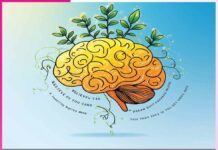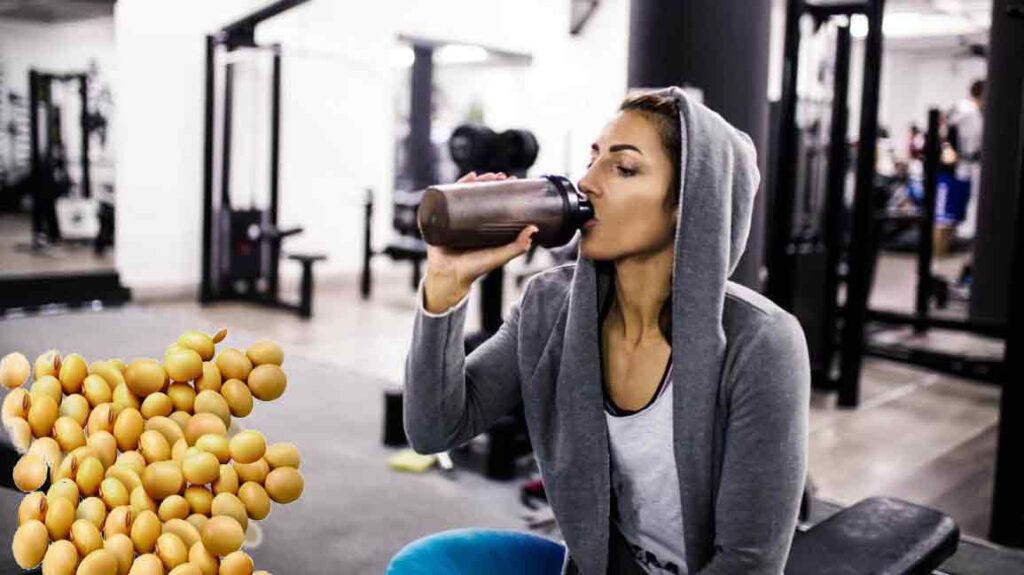PROTEIN- WHAT & WHY A MUST
Everyone needs proteins, not just the body builders and the athletes. For many people the best source for proteins is a healthy and balanced diet. Along with carbohydrates and fats, the third primary macro-nutrient required by the body is protein. Proteins consist of amino acids and are the most abundantly found molecules in cells.
Although most of the amino acids required by our body to stay healthy can be produced by a human body, but there are nine such amino acids that a human body cannot produce & that must be consumed through a proper diet. There are 20 amino acids that help form the thousands of different proteins in your body. These nine amino acids that cannot be produced by human body are known as essential amino acids as we won’t survive in absence of these essential amino acids.
Apart from it being a mandatory nutrient in order to build bones and body tissues like muscles, protein has many more functions in our body. It participates literally in each and every process of a cell, carries an important role in metabolic reactions, immune response as well as it provides a source of energy, creates blood cells, helps in cellular repair and what not.
The major factors that influence the quantity of protein to be consumed by a human being is decided by the energy used by the body, age, sex, weight, level of activity, health conditions etc. The amount of energy density is provided by protein is equal to that provided by the carbohydrates, but a human body cannot store proteins in the same manner as it stores the fats and the carbohydrates, which means that protein is to be consumed daily. If one does strengthening exercises daily or is an athlete then he/she may require more than average amount of the protein. Important functions of proteins are:
 For Maintenance and Growth:
For Maintenance and Growth:
Usually the amount of protein broken down by a body is the same that is to be used in order to repair the damaged tissues and to build new tissues for growth. While in some particular instances like pregnancy, during breastfeeding, any illness or injury more protein is broken down than that required by the body as a result of which the need of the body is increased.
As a Messenger:
Some proteins are hormones that assist in establishing connection between cells, tissues and organs. They are created and secreted by endocrine glands or tissues and then are transported into blood to target tissues or organs where they get attached with protein receptors on the surface of the cell.
To Cause Biochemical Reactions:
Proteins such as Enzymes help thousands of biochemical reactions taking place within and outside the cells. Functions of body that depend on enzymes are digestion, production of energy, blood clotting & contraction of muscles.
Maintains pH levels:
Protein plays an important role in maintaining concentrations of acids and bases in blood and other body fluids. A steady pH is very important since a slight alteration can pose a threat to life.
Provides Structure:
Some proteins are fibrous and provide stiffness and rigidity to cells and tissues. These include keratin, collagen and elastin which help form the connective framework of certain structures in the body.
Support Immune Health:
To fight infection antibodies are formed with the help of proteins. Antibodies are proteins in blood that help protect the body from harmful invaders like bacteria and viruses while otherwise bacteria and viruses would be free to multiply and overwhelm your body with the disease they cause.
Fluid Balance:
Proteins like Albumin and globulin in blood regulate body processes to maintain fluid balance by attracting and retaining water. If the fluid builds up in the space between the cells in absence of these proteins, swelling or edema occurs especially in the stomach region.
Provides Energy:
Proteins contain 4Cal/g, the same amount of energy that carbs provide. However, the last thing body wants to use for energy is protein since it is a valuable nutrient that is widely used throughout body.
Transports and Stores Nutrients:-
Proteins carry substances throughout your bloodstream — into cells, out of cells or within cells. The substances transported by these proteins include nutrients like vitamins or minerals, blood sugar, cholesterol and oxygen. Protein transporters are specific, meaning a protein transporter that moves glucose will not move cholesterol. Proteins also have storage roles.
Now a days it is a trend to use supplements to raise protein intake, but we can get the daily protein required by body from foods. Both plants and animals provide rich sources of protein. As per Food and Nutrition Board, Institute of Medicine, sources of complete protein are milk, cheese, yogurt, quinoa, and soybeans which implies that they provide all the essential amino acids.
Many different plant foods including fruits, legumes, seeds, nuts, whole grains, cereals – provide protein. Plant protein is lower in saturated fats than animal protein so it is advantageous for health to increase proportion of plant sources.
While protein is an important nutrient other nutrients are equally important to maintain a good health, hence a healthy diet is mandatory for good health.
EATING HEALTHY FOOD FILLS YOUR BODY WITH ENERGY & NUTRIENTS. IMAGINE YOUR CELLS SMILING BACK AT YOU & SAYING ‘THANK YOU’!





























 For Maintenance and Growth:
For Maintenance and Growth: 














